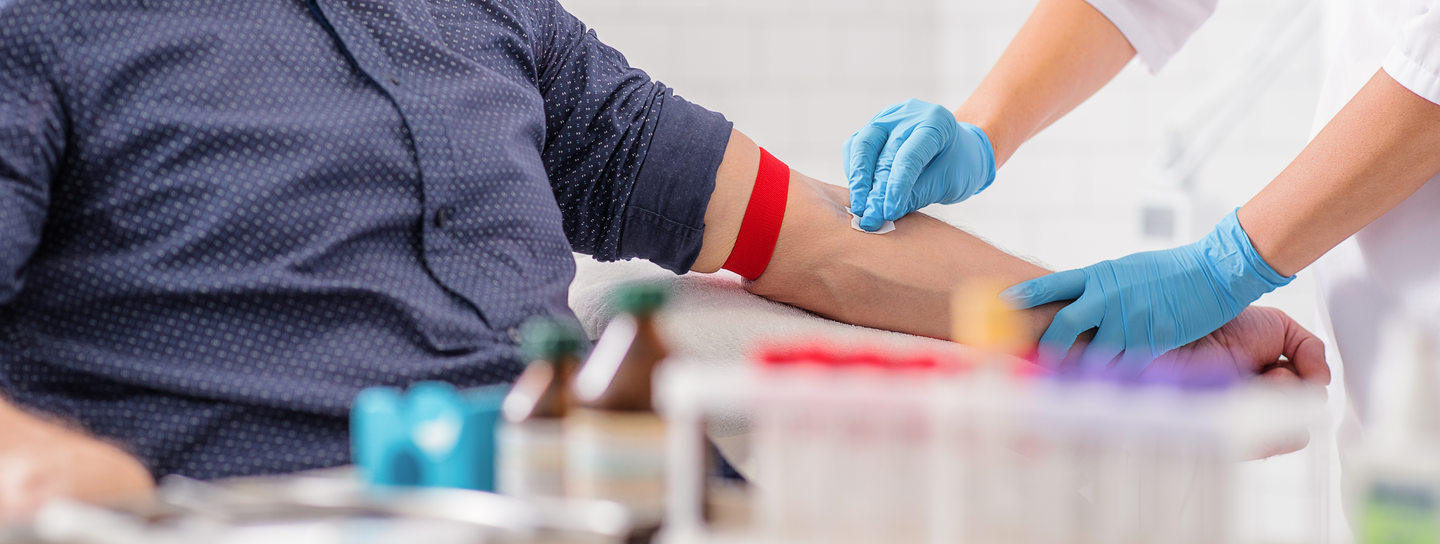
Extracorporeal Photopheresis

Extracorporeal Photopheresis
Using Light to Promote Healing
Extracorporeal photopheresis (ECP) is a non-invasive treatment used to support patients with conditions such as cutaneous T-cell lymphoma, complications from organ transplants, and certain skin graft issues.
During the procedure, a small amount of your blood is drawn and passed through a machine that separates the white blood cells. These cells are treated with a light-sensitive medication and exposed to ultraviolet (UV) light, then returned to your body—helping target and eliminate diseased cells.
ECP is typically done over two consecutive days, with each session lasting about 3–4 hours. It’s an outpatient procedure, so no hospital stay is required. Treatment frequency varies based on your condition, ranging from weekly to monthly.
What to Expect
- Eat a low-fat diet the day before and day of treatment. Fatty foods make ECP less effective.
- Drink at least eight 8-ounce glasses of caffeine-free liquids the day before your treatment.
- Arrange for a ride to and from your first treatment.
- Wear loose, comfortable clothing that allows easy access to your arms and chest. Avoid tight pullover shirts.
- If you are taking blood pressure medication or diuretics (water pills), discuss these with your doctor. We may need you to wait until after your ECP treatment to take these medications. Take all other medications as normal.
- Bring sunglasses that have UV protection.
Related Clinics
Clinic
St. Luke’s Cancer Institute - Center for Blood Cancer Therapy: Boise
Clinic
